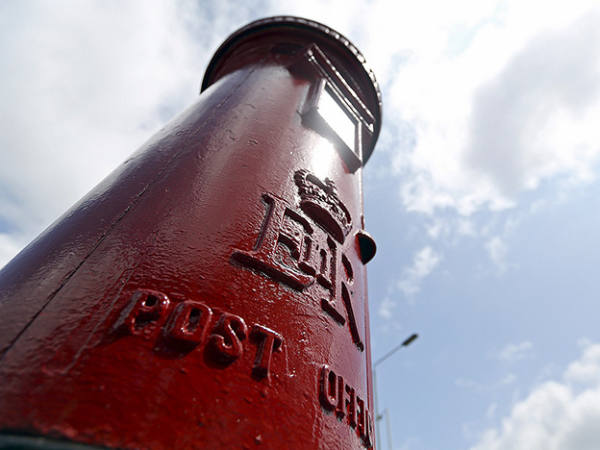On the face of it, most property companies are very expensively rated. Their shares typically trade above their book value - a state that depresses dividend yields and in the past has portended a correction. For the eight largest UK property companies, which mainly own central London offices or big regional malls (so-called 'prime' property), that premium over book is now roughly 5 per cent on average - a level exceeded in only one month of the 2005-07 pre-crisis boom, according to Deutsche Bank.
Nor is the picture superficially different for the smaller, less choosy regional players. These were massively rerated last year as recovery hopes took hold. Shares in Aim-listed landlord NewRiver Retail (NRR), for example, have risen by one-third over the past 12 months and now trade 26 per cent above the company’s last-reported book value. Shares in developers like St Modwen (SMP) or Helical Bar (HLCL) have followed a similar pattern.
But a different perspective emerges if you look at the portfolios that underpin the companies' book values. Property outside the safe-haven hotspots of London and the regional mega-malls remains extremely cheap by historical standards. The market has now started to recover, but the average commercial building outside London is still worth about 36 per cent less than in mid 2007, according to data provider IPD. For offices, the figure is 45 per cent.
This puts the share-price premia in context. If we assume that regional valuations will gradually climb back to their pre-crisis peak over the current business cycle, the portfolios of investment companies like NewRiver Retail should grow by about a half. Combine that with gearing and book values could double over a 10-year investment horizon. This process is unlikely to be smooth, for sure, and will leave behind many older buildings that tenants no longer want. But as far as long-term bets go, a diversified, well-managed portfolio of regional property seems low-risk.
I made this point in a contrarian cover feature just over a year ago (Tired of London?, 8 Mar 2013), before the Help to Buy scheme announced in the Budget a year ago kicked the recovery ball into motion. The seven property companies I identified at the time - McKay Securities (MCKS), Town Centre Securities (TCSC), Schroder REIT (SREI), Hansteen (HSTN), NewRiver, Development Securities (DCS) and Conygar (CIC) - were at that time languishing on share-price discounts of 19 per cent, on average. Their shares are up 38 per cent since the day that article was published, and some now trade at a premium. But their portfolios have barely started to move. That suggests the underlying companies still offer significant recovery value, even if the shares do not. (And, for the record, the shares still look cheap in the cases of Development Securities, McKay and Town Centre).
There is much less scope for recovery in London. Office values in the capital have already bounced back to within 13 per cent of their 2007 peak - and further in the West End. Shares in Derwent London (DLN), Great Portland Estates (GPOR) and to a lesser extent Land Securities (LAND) and British Land (BLND) trade at premia not because their portfolios are undervalued, but because they have entrenched, irreplicable positions in a hot market. "It’s impossible not to make money on any central London office at the moment," says Mike Brown of Max Property (MAX), a quoted investment vehicle.
To follow the old taxonomy, London property is a growth investment, while regional property is value. The point is that economic normalisation should be sufficient to drive healthy returns for regional landlords - justifying those share-price premia (at least for conspicuously well-managed players like NewRiver) if you buy for the long haul. But that’s not the case for their higher-profile London peers. To buy shares in these, investors need to believe the capital’s property boom will continue, if not for ever, at least for a good few years. That’s not so wild a thought - but it strikes me as more speculative than a bet on a broad national recovery.











